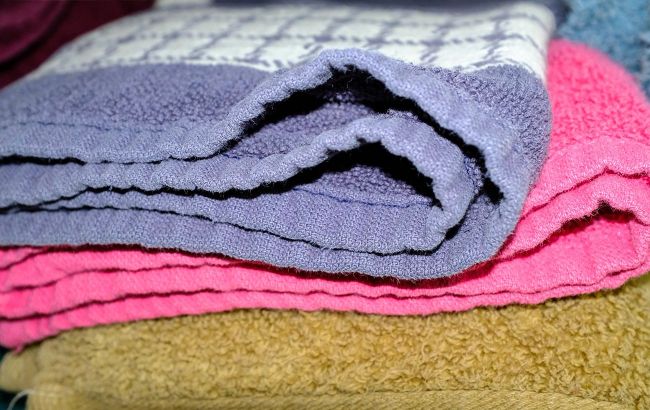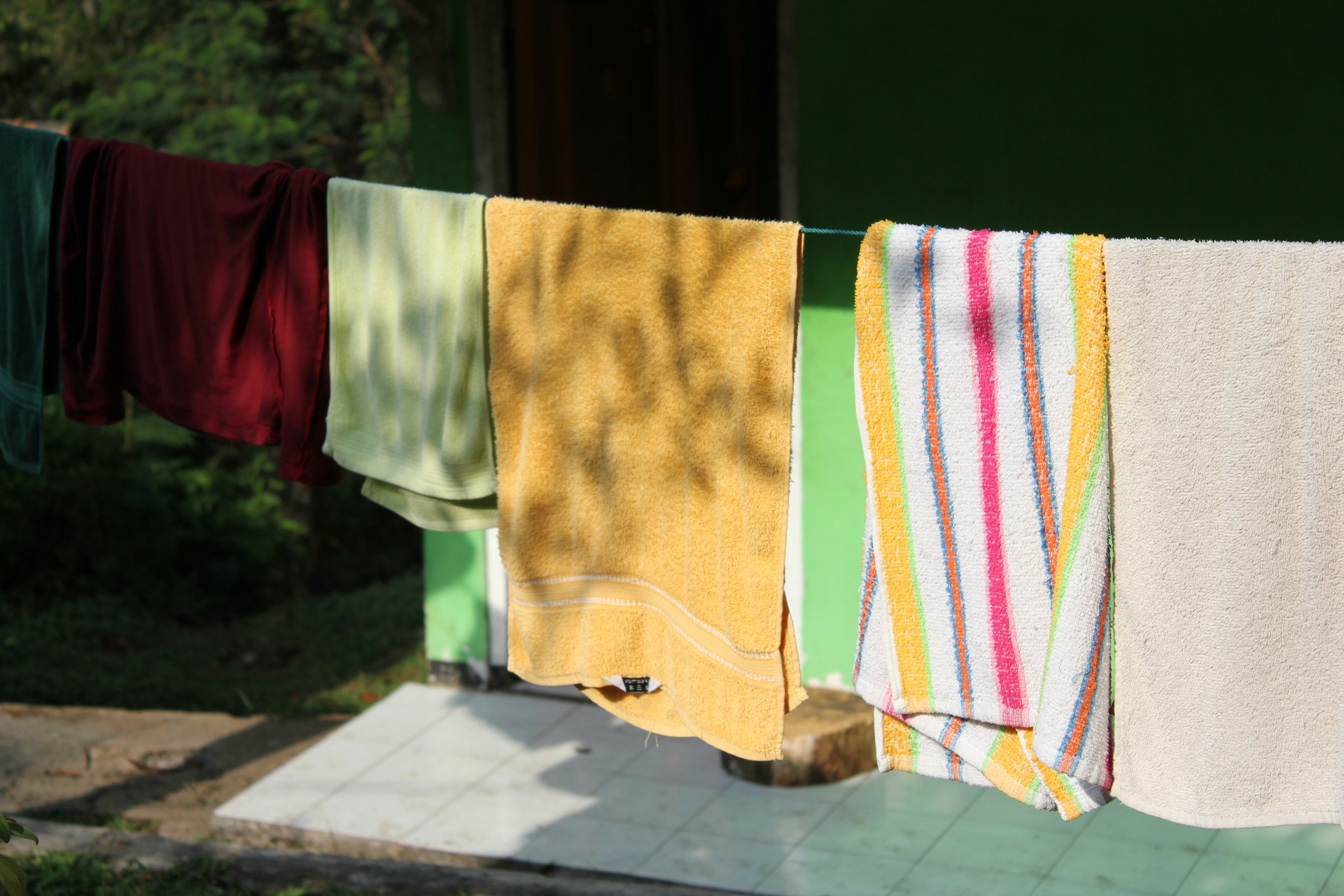How often to change towels to avoid bacteria and germs
 Towels should be washed regularly (photo: flickr.com/Randall McRoberts)
Towels should be washed regularly (photo: flickr.com/Randall McRoberts)
Along with your bed linens, towels come into daily contact with the most intimate parts of your body. While we usually just hang them up after use without giving it much thought, this habit can lead to serious health issues. So, how often should you wash your bath towels, and when is it time to replace them?
RBC-Ukraine (Styler project) has put together a guide with tips and warnings on how to handle towels to avoid health risks.
Why it's important to wash your bath towels regularly
Your bath towels come into contact with every part of your body, from head to toe. This means they can accumulate various pathogens, increasing the risk of infections.
Some of the pathogens that can be found on towels include:
- Skin pathogens like Staphylococcus, including MRSA.
- Fecal pathogens such as E. coli, C. diff, and norovirus.
- Bacteria and viruses that cause conjunctivitis (pink eye).
- Fungal infections like ringworm and athlete's foot.
How often should you wash your bath towels?
Ideally, you should wash your towels after each use. However, you can use them 2-3 times if you thoroughly dry them between uses.
Drying towels after each use is crucial, as it helps eliminate potential microbes and prevents their growth.
There are a few exceptions to the regular washing rule: if you have open wounds or cuts, have recently undergone surgery (including mole or skin cancer removal), or suffer from eczema or other skin conditions, you should change your towel more frequently. Use a new towel after each shower until your skin has fully healed.
How to properly wash and dry towels
Wash towels in hot water with detergent and dry them at a high temperature. This helps reduce the number of germs and mold.
You can also use liquid bleach or laundry products with activated oxygen bleach for more effective cleaning. Remember to wash your hands after handling dirty towels.
The ability to dry towels properly may depend on your climate. In dry climates, towels dry faster, whereas in more humid climates, they may remain damp longer.
 The bathroom is usually more humid than other parts of the house, so it is useful to hang towels to dry outside the bathroom (Photo: Unsplash.com)
The bathroom is usually more humid than other parts of the house, so it is useful to hang towels to dry outside the bathroom (Photo: Unsplash.com)
What happens if you don't wash your towels twice a week
Not everyone will experience issues from irregular towel washing, but if your towel develops a musty odor (caused by mold), that smell can transfer to your skin. For those allergic to mold, this could trigger or worsen allergic symptoms.
There’s also a potential risk of pathogens transferring from towels to your skin, though the risk of getting sick from a towel is generally lower than from contact with hard surfaces like doorknobs and wet floors.
How to extend the time between towel washes
To keep your towels fresh and clean, follow these tips:
- Dry yourself starting from the top of your head and work your way down.
- Hang used towels to dry, spreading them out on a rack to avoid bunching (don't leave them in a pile in the bathroom).
- Allow towels to dry quickly and completely.
- Avoid sharing towels with others.
- If a musty smell develops, use bleach.
- If the musty odor persists after bleaching and drying, it's time to replace the towels, as they may no longer be salvageable.
How often should other types of towels be washed?
Hand towels should be washed as frequently as bath towels. Kitchen towels, on the other hand, can get extremely dirty.
Previous studies found coliform bacteria on 89% of kitchen towels and E. coli on 25% of samples. Towels washed every three days had less E. coli than those not washed for over four days.
Therefore, kitchen towels should be washed frequently, ideally daily if you use them for wiping up spills. Assign specific towels for tasks like drying dishes and hands.
Earlier, we shared tips on how to wash your towels to keep them fluffy and vibrant.
Sources: Everyday Health, Self, and WebMD.
This material is for informational purposes only and should not be used for medical diagnosis or self-treatment. Our goal is to provide readers with accurate information about symptoms, causes, and methods of detecting diseases. RBС-Ukraine is not responsible for any diagnoses that readers may make based on materials from the resource. We do not recommend self-treatment and advise consulting a doctor in case of any health concerns.


